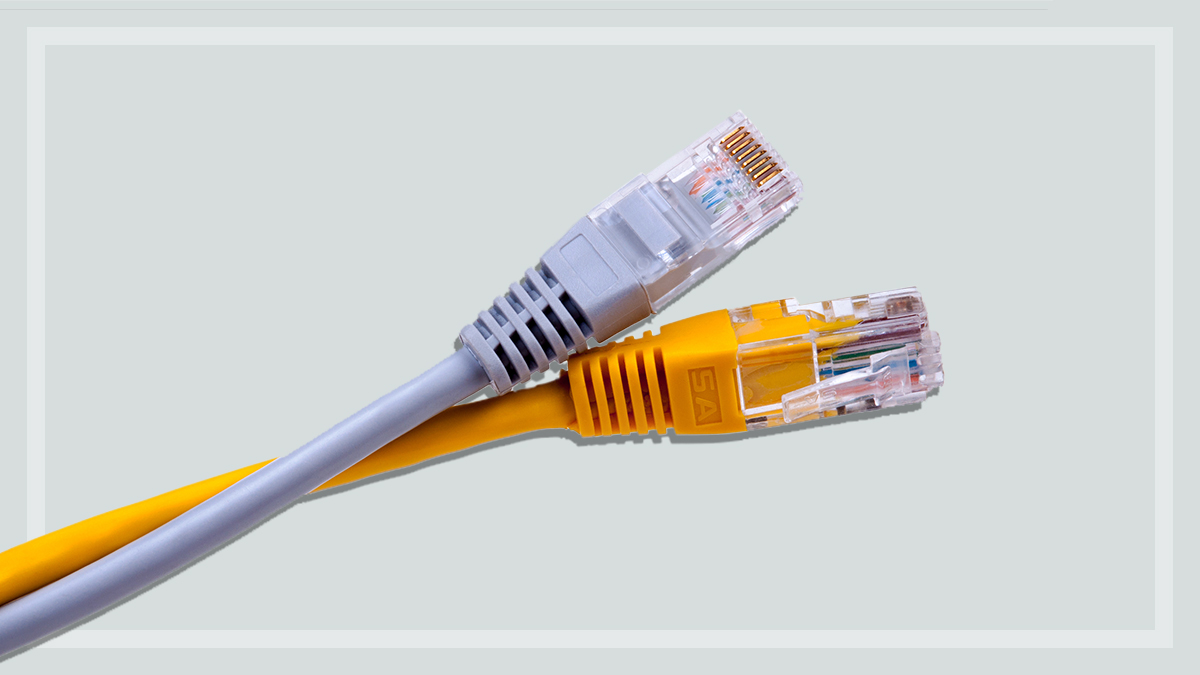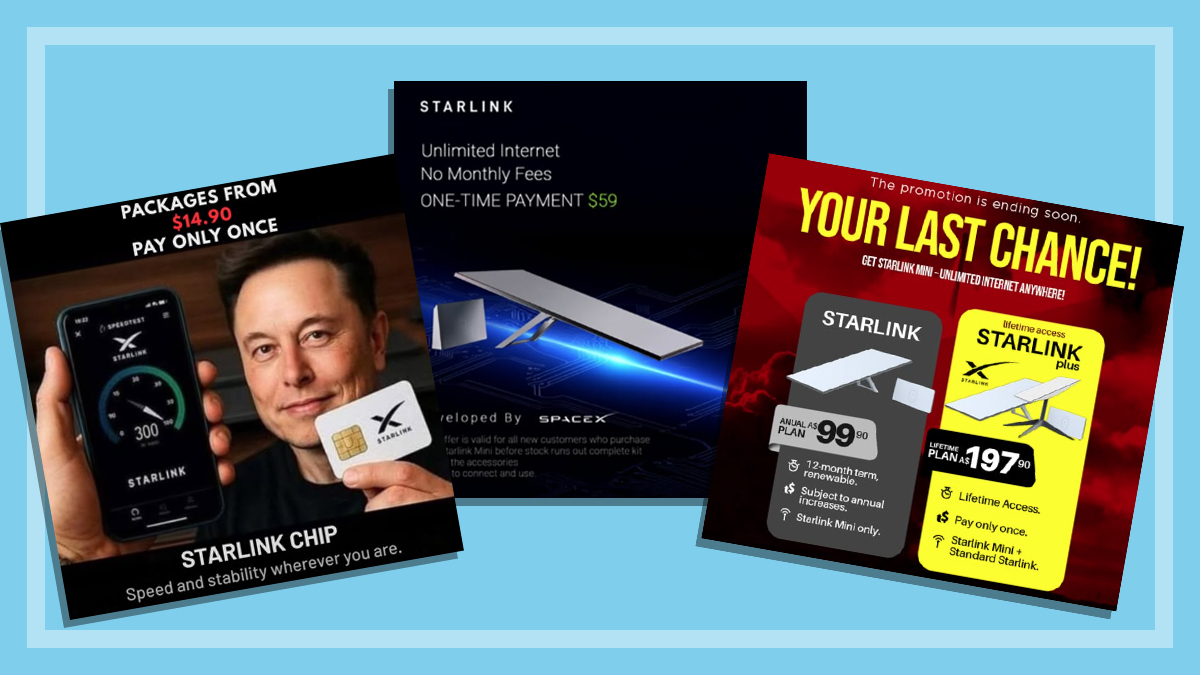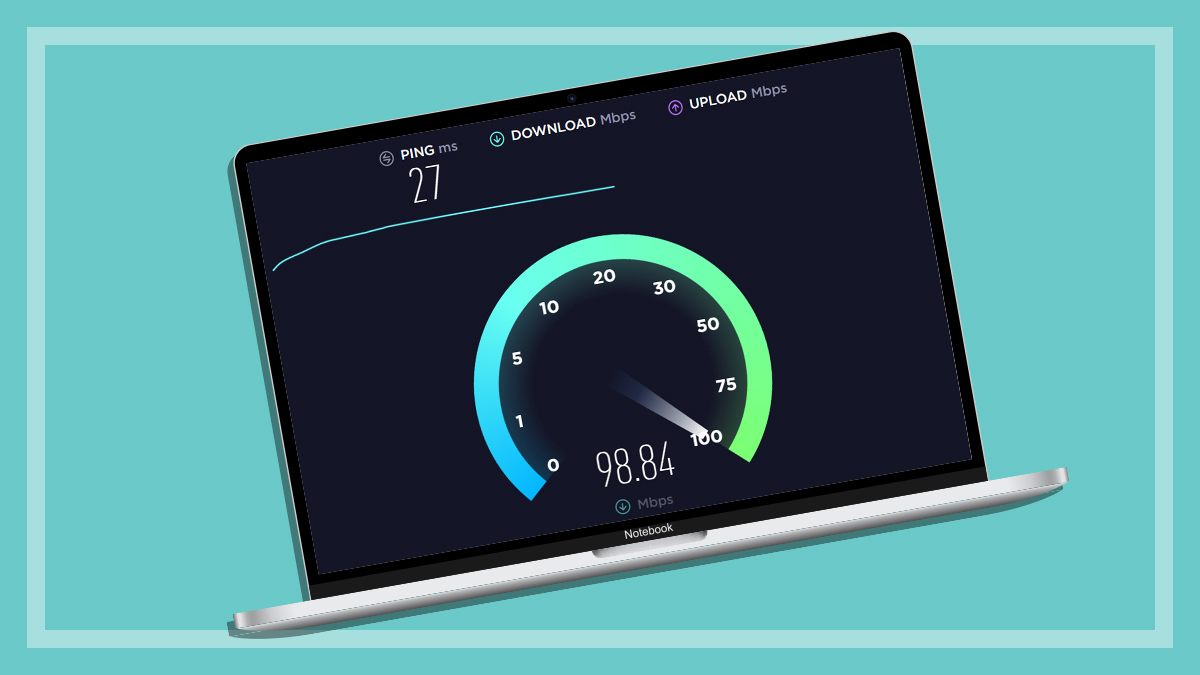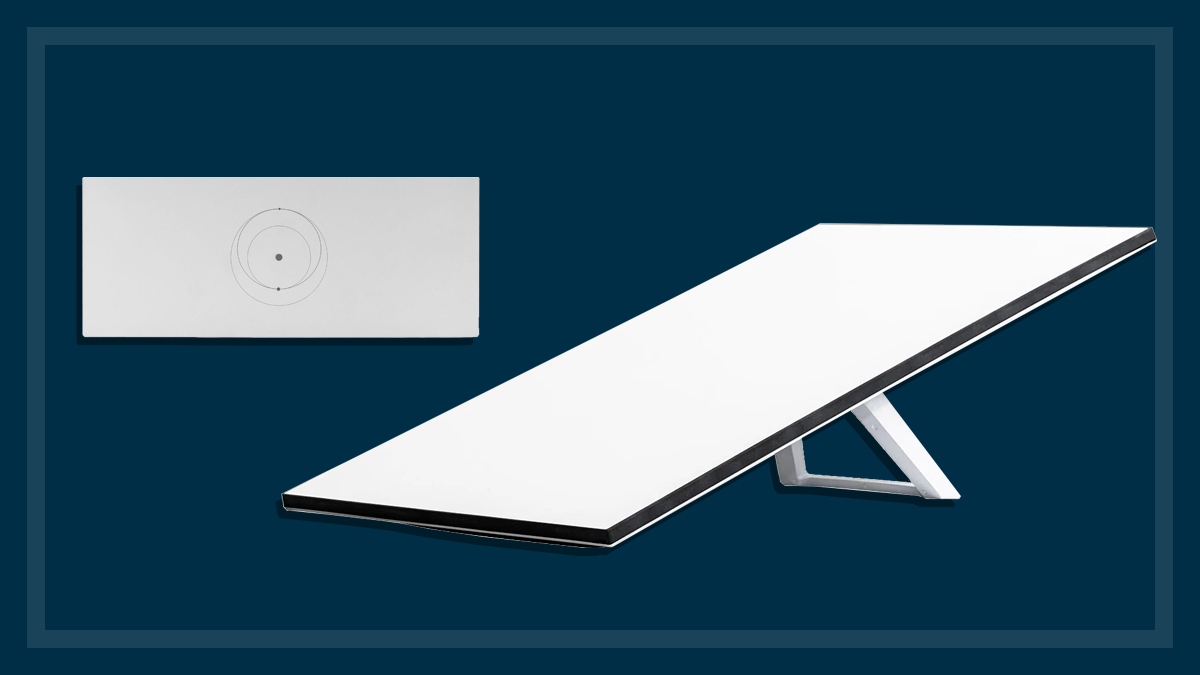What is 5G and when can I get it?
Our FAQ looks at what 5G's capable of, which Australian telcos have it, and whether it can replace the NBN.
Last updated: 15 Jul 2022
Each new generation of mobile technology is a leap forward from its predecessor. The second generation of mobile technology, 2G, brought SMS messaging, better quality phone calls and some basic internet features such as emails. 3G had much better internet – people were actually able to browse the web, use social media and start using cloud storage. With 4G, internet speeds increased well beyond many fixed-line home internet connections.
On this page:
Like its two predecessors, 5G will significantly improve internet connectivity and deliver advantages that we haven’t yet considered.
When is 5G coming to Australia?
5G is here now with Telstra, Optus and Vodafone all offering 5G services, and it will continue to roll out throughout capital cities and regional areas over the next few years. All three of those telcos have the option to re-sell access to their 5G networks to smaller providers; this already happens with 3G and 4G, but you’ll need to check with your provider to see whether your plan includes access to a 5G network.
Where will 5G be available?
All Australian telcos that built 4G networks started in metro areas first and followed the same release path for the 5G network rollout with support in the major capital cities and some major regional areas (such as the Gold Coast) with progressive moves throughout Australia that will continue in the coming years.
5G phones
Apple held off on support for 5G-capable iPhones with its iPhone 11 and iPhone 11 Pro even though Android smartphones were available with 5G support in 2021. However, as of 2022 you can now get the iPhone 12, iPhone 13 and the latest iPhone SE models with 5G network support.
Samsung has several offerings with 5G versions from the latest Galaxy S22 down to the mid-priced models, but also be aware that you can still buy Samsung models that appear the same – some have 5G support and some don’t.
Oppo and Realme also have a range of 5G smartphones available starting at $299.
How much will 5G cost?
You should expect 5G to be added to your existing plan with the only requirement being a device that supports 5G. Due to the nature of 5G’s potential it may lead to larger monthly data use, so if you aren’t on a large plan, take note of your monthly usage to avoid any bill shock.
How fast is 5G?
5G has the potential to be incredibly fast – eventually as much as 10 gigabits per second (Gbps), which is 100 times faster than the speediest NBN plan available right now. However, 10Gbps won’t happen for some time, and it would be extremely rare for you to get these sorts of figures out in the real world.
In the interest of clarity, this kind of ‘speed’ (measured in megabits or gigabits per second) is more accurately called ‘capacity’ or ‘bandwidth’ because it’s not really about how quickly your data travels, but rather how much is transferred at once. It’s like if someone hands you a whole pizza rather than giving it to you one piece at a time. Both capacity and response times are very important, but for different uses.
What can 5G do that 4G can’t?
The amount of internet capacity a 5G network can potentially handle is enormous.
Not only will this help support public demand for higher definition videos, larger files to be transferred between people, and faster uploading to cloud storage systems, it’ll also enable far more devices to be connected at once without congesting the network.
Handling more gadgets is important. You may not be aware, but most homes have dozens of devices connected to the internet in one way or another and it’s constantly growing.
Rapid response
There’s another way internet ‘speed’ is measured – it’s called ‘latency’ or ‘response time’. This is the amount of time it takes for your device to send any tiny request over the internet and get an answer. Think of tapping someone on the shoulder then counting how long it takes for them to respond.
Where 4G has a response time of about 45 milliseconds, 5G can lower that to just one millisecond – literally less than the blink of an eye. Future technologies, such as self-driving cars, will need lightning-fast response times. The difference between 45 milliseconds and one millisecond can be all it takes to avoid an accident.
Long-distance surgery via connected robotic arms is another example. If a specialist surgeon is controlling a robot from the other side of the country, you want it to feel like it’s in the same room, ensuring surgical movements are done with precision and safety.
Better latency will also mean a better gaming experience as you can shoot the bad guys faster before they can get to you.
Micro-cells to replace antenna towers
The days of antenna towers may be numbered. Current mobile network technologies such as 3G and 4G need big, powerful antenna towers to broadcast their low-frequency signals over long distances and through solid objects, such as buildings. This won’t work for 5G in the long term.
Once you get near 5G’s highest radio frequencies, people, cars, rain and even small plants would block it. But this won’t be a concern for a while. The answer to this (eventual) blocking problem is to replace bulky and powerful antenna towers with tiny ‘micro-cells’ peppered all over, which are small enough to sit unobtrusively on top of a streetlight.
The big cell towers will keep broadcasting 3G and 4G signals until those technologies become redundant, and eventually we might not need them at all.
Can 5G replace the NBN?
It’s difficult to predict where new technologies will take us and how they’ll be used. In the short term at least, there’s no chance of 5G replacing the NBN for most of the internet traffic in Australia for a few reasons.
- The 5G network rollout won’t be fast. We may be well into the 2020s by the time we see healthy coverage.
- The 5G that Australia gets in these early years will not have the capacity or response time of what 5G is truly capable of. Similar to how 4G got better over time, the same will happen with 5G.
- Mobile data costs more per GB than the fixed-line broadband NBN relies heavily on, so large or unlimited data caps will probably be cheaper on the NBN.
- Even though 5G is fast, fixed-line broadband is also improving. NBN’s recent rollout of gigabit-capable technology “G.fast” for fibre to the curb (FTTC) NBN connections (a technology that uses copper telephone wires) shows how even older network technologies can be refreshed with surprising results.
In the long term, anything is possible. We’ll just have to wait and see.
Related
Denis Gallagher is a Senior project officer for Digital home products and also works on test projects for the laundry and fridge labs. He produces tests for gadgets, phones, cameras and home entertainment gear as well as TVs, washing machines, dishwashers and fridges.
Previously at CHOICE, Denis worked as a Content producer for digital products. Prior to CHOICE, Denis worked as an Assistant editor on Golf Australia magazine and Editor for Multimedia and Videocamera magazine.
Denis has a Bachelor of Arts from the University of New South Wales and a Diploma of Journalism from Macleay College. LinkedIn
Denis Gallagher is a Senior project officer for Digital home products and also works on test projects for the laundry and fridge labs. He produces tests for gadgets, phones, cameras and home entertainment gear as well as TVs, washing machines, dishwashers and fridges.
Previously at CHOICE, Denis worked as a Content producer for digital products. Prior to CHOICE, Denis worked as an Assistant editor on Golf Australia magazine and Editor for Multimedia and Videocamera magazine.
Denis has a Bachelor of Arts from the University of New South Wales and a Diploma of Journalism from Macleay College. LinkedIn







